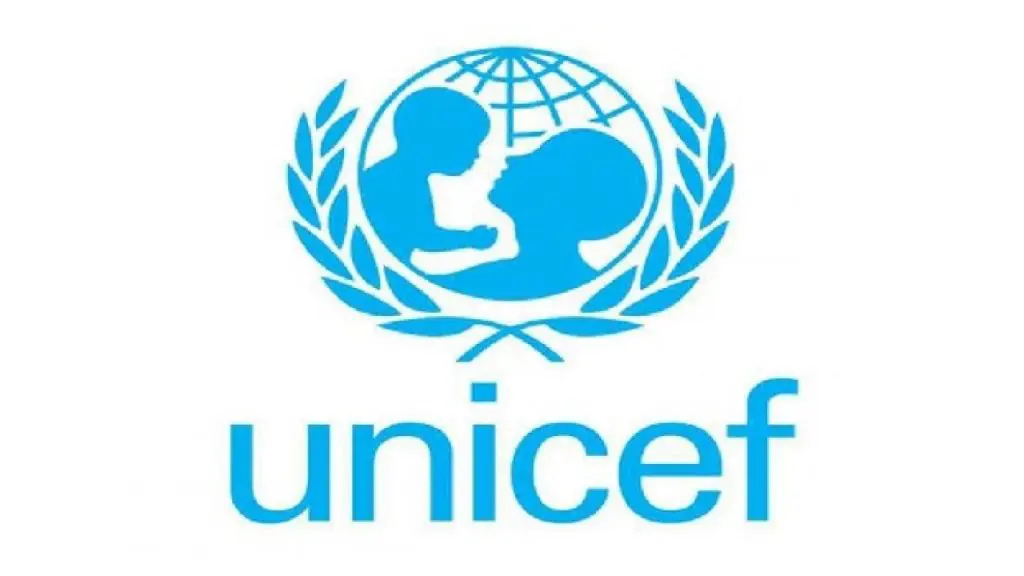UNICEF has charged the Nigerian government with expanding its early literacy initiatives after claiming to have provided learning resources to over 1.8 million children over the course of the past four years.
UNICEF Nigeria’s Education Specialist, Mrs. Yetunde Oluwatosin, made this statement on Wednesday in an interview with the News Agency of Nigeria (NAN) in Lagos.
Oluwatosin was discussing the agency’s FLN programme, which aims to improve preschool education in Nigeria.
According to NAN, FLN was a cutting-edge option for education both in and out of the classroom.
Therefore, we introduce and assist states in implementing the appropriate curriculum to provide a solid educational grounding for every child in Nigeria.
The goal is for all students to graduate from high school having acquired the skills and knowledge expected of them based on their grade level’s curriculum.
When a kid enters primary school, they are better equipped to learn and advance in literacy and numeracy when they are taught using their mother tongue.
Between 2018 and 2022, we provided educational resources to nearly 1.8 million kids, and by 2027, we aim to reach another 4.8 million.
She explained that they started this program because they had seen youngsters “going through the system but not at the level that they should,” necessitating a “remedial approach” to get them back on track.
According to the UNICEF expert, comparable evidence has been utilized in other countries, including India, where conditions are very similar to those in Nigeria.
She emphasized that the methods have undergone pilot studies and testing, with promising outcomes.
Oluwatosin called on the government to work more closely with UNICEF by investing more in children’s education from a young age.
She argued that in this “global era where digitalisation and technology rules,” the government should ensure the scaling up of these ideas across states for the benefit of our children’s education.
Teachers, whom she referred to as “critical stakeholders,” were singled out for repeated opportunities for empowerment and development.
Teachers require their ability to be built before they enter the profession in order to prepare them to teach the students of the 21st century.
When they enter service, too, there must be consistency. Professional standards and guidelines for their implementation should be established by the Teachers Registration Council of Nigeria.
Teachers require innovative strategies that keep them current with their peers around the world as they age in the profession.
The UNICEF initiative “schools need to have very effective, capacity-built teachers, knowledgeable with that mentoring, coaching approach,” she said.
Oluwatosin claimed that several interventions occurred as the administration expanded.
They are meeting their obligations, but more needs to be done.
Development partners persist; they bring models; we can see such models are effective.
“It is necessary to engage parents in learning to enable them to follow the curriculum of their wards and ensure that teachers are living up to expectations,” Oluwatosin pleaded with parents to work with educators. (NAN)
